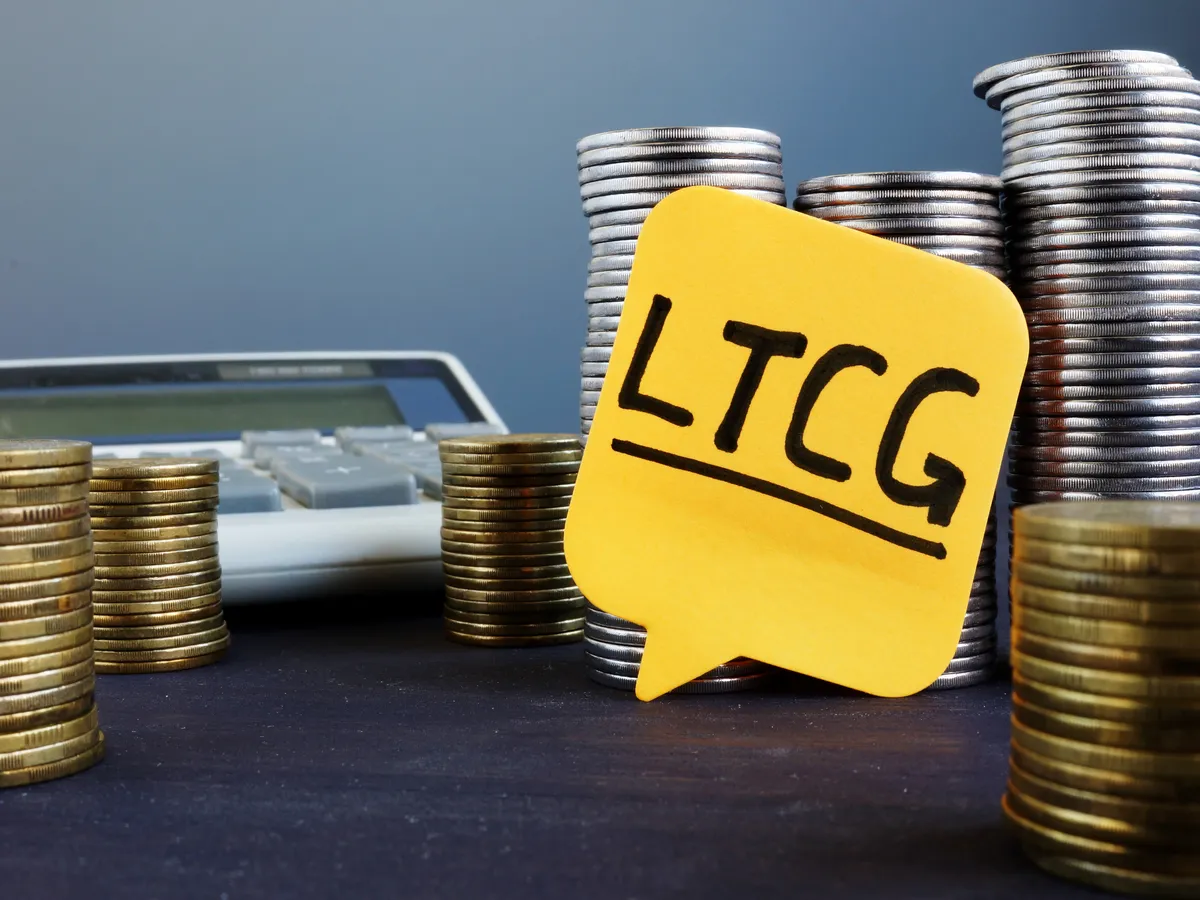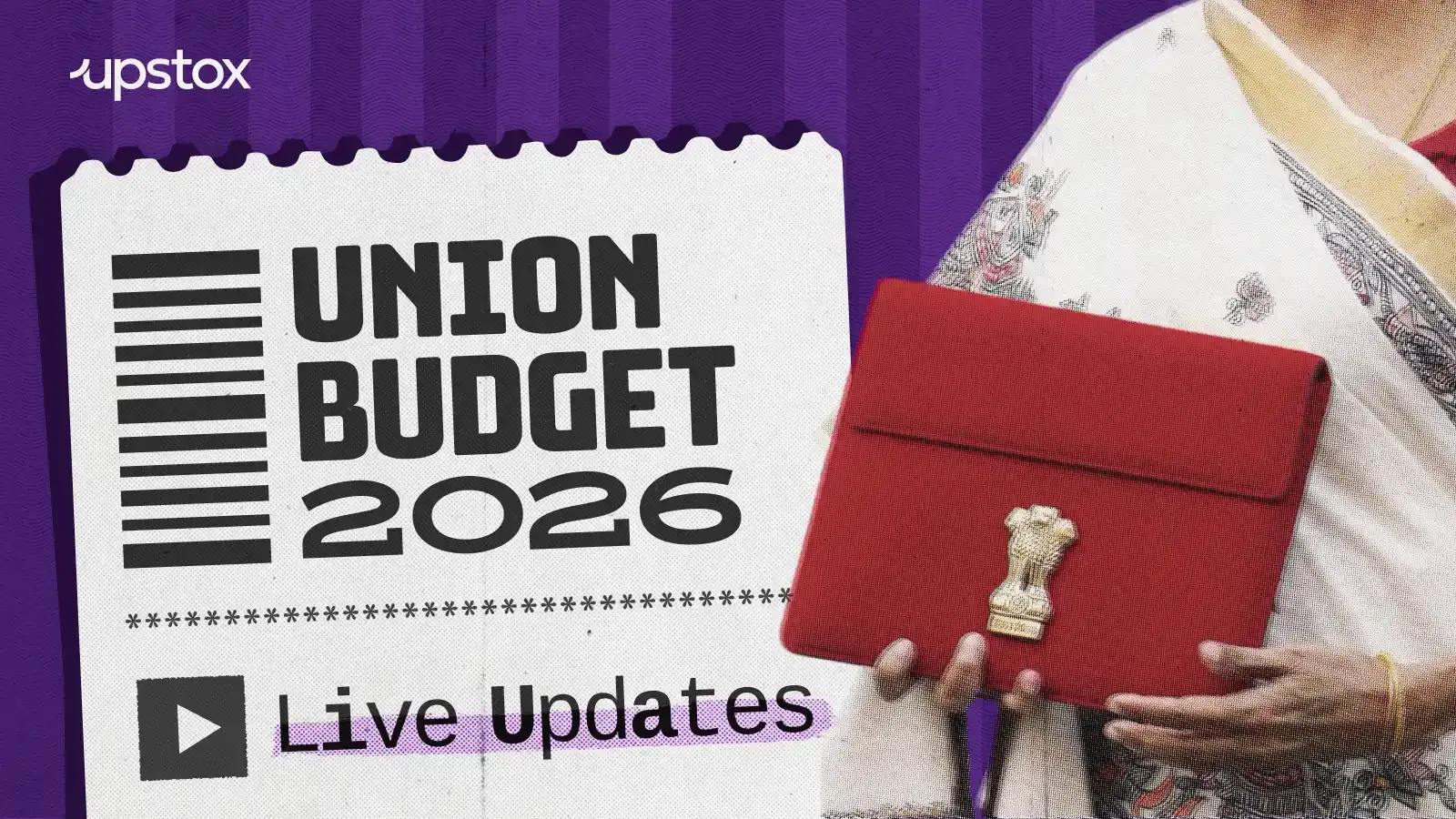Business News
LTCG tax tweak: Know how much LTCG tax to pay with and without indexation benefit
.png)
4 min read | Updated on August 08, 2024, 18:02 IST
SUMMARY
The amendment was introduced after various stakeholders expressed concerns regarding the initial proposal in the Budget 2024, which eliminated the indexation benefits and reduced the LTCG tax rate to 12.5%. According to experts, this new amendment aims to benefit property owners by offering more flexibility in tax calculations.

In Budget 2024 the Finance Minister announced LTCG at 12.50% for different asset classes without indexation benefit
Finance Minister Nirmala Sitharaman proposed an amendment to the Finance Bill on August 6. The amendment will allow taxpayers to choose between two different long-term capital gains (LTCG) tax rates for properties acquired before July 23, 2024.
In Budget 2024 the Finance Minister announced LTCG at 12.50% for different asset classes without indexation benefit. Before the Union Budget 2024, the LTCG was applicable at 20% with indexation benefits. Also, the FM announced enhancing the LTCG exemption limit on the sale of most assets, including real assets, to ₹1.25 lakh from ₹1 lakh for tax computation purposes.
Here’s a look at how the two LTCG tax rates work and how much tax you will need to pay effectively.
Scenario 1: 12.5% LTCG rate without indexation
The newly introduced option allows taxpayers to pay a tax rate of 12.5% on the capital gains they make from selling their property. However this calculation of LTCG will be done without adjusting the purchase price for inflation. The adjustment of the purchase price for inflation is known as indexation.
- Long Term Capital Gains: Proceeds of sale of property - cost of acquisition
- Long Term Capital Gains Tax: Long Term Capital Gains x 12.5/100
Suppose Mr. A bought a house in 2005 for ₹1 crore (cost of acquisition) and sold it in August 2024 for ₹3.5 crore (proceeds of sale). Total Long-Term Capital Gains (LTCG) will be ₹2.5 crore for Mr A. Since the 12.5% tax rate does not allow for indexation benefits, the entire LTCG will be taxed at 12.5%. The total LTCG tax in the above case will be ₹31,25,000.
Scenario 2: 20% LTCG rate with indexation
This option allows taxpayers to pay a higher tax rate of 20%, however under this tax rate the cost of acquisition of the property can be adjusted for inflation using the Cost Inflation Index (CII) provided by the Central Board of Direct Taxes. The indexed cost of acquisition is deducted from the proceeds of sale.
- Indexed cost of acquisition: Cost of acquisition x CII of year of sale/CII of year of purchase
- Long Term Capital Gain: Proceeds of sale of property - Indexed Cost of acquisition
- Long Term Capital Gains Tax: Long Term Capital Gains x 20/100
Suppose Mr. B bought a house in 2005 for ₹1 crore (cost of acquisition) and sold it in August 2024 for ₹3.5 crore (proceeds of sale). The profit or capital gains is ₹2.5 crore. Let's find out how much tax Mr. B has to pay with indexation benefit.
-
Mr B indexed cost of acquisition calculation: CII for year of purchase (August 2005)- 117 CII for year of sale (August 2024)- 363 Cost of Inflation Index- 363/117= 3.1
-
Indexed cost of acquisition: ₹1 crore (purchase price) x 3.1= ₹3.1 crore
-
Long Term Capital Gain: ₹3.5 crore (sale value)- ₹3.1 crore = ₹40,00,000
-
Total LTCG tax: ₹40,00,000 x 20%= ₹8,00,000
The amendment was introduced after various stakeholders expressed concerns regarding the initial proposal in the Budget 2024, which eliminated the indexation benefits and reduced the LTCG tax rate to 12.5%. The real estate sector is likely to gain from the choice between indexation benefits and a lower tax rate.
According to experts, this new amendment aims to benefit property owners by offering more flexibility in tax calculations, potentially reducing tax liability based on individual circumstances. Importantly, indexation benefits will not apply if a taxpayer incurs a loss. However, this new change does not fully restore indexation benefits, as immovable properties acquired on or after July 23, 2024, will not be eligible for indexation.
By signing up you agree to Upstox’s Terms & Conditions
About The Author
Next Story

